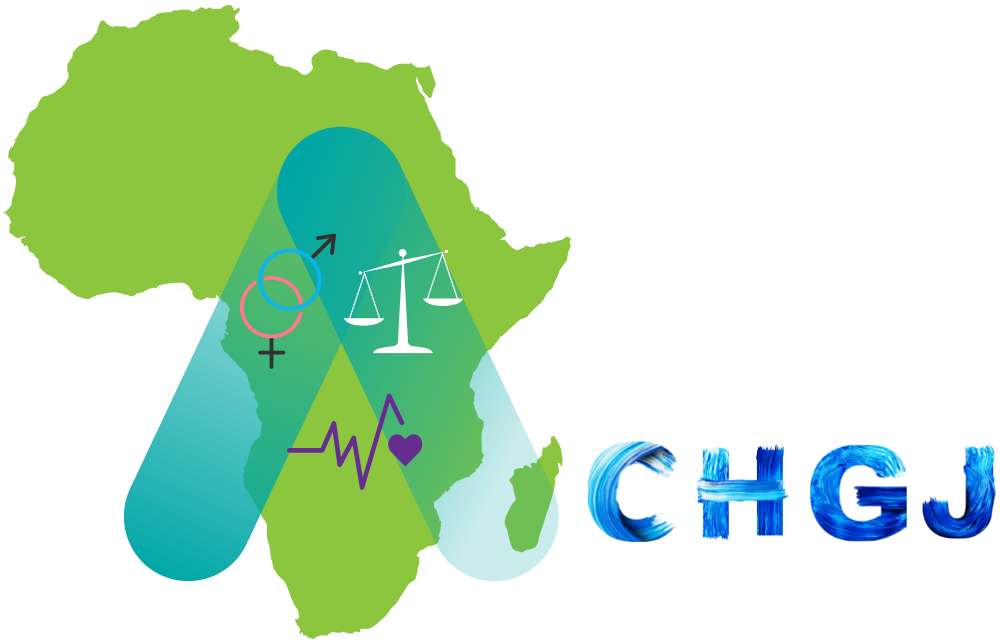Author Dr. Stellah Bosire
Date: 12th January 2023
Abortion complications and fatality rates continue to be of concern in Kenya, as compared to other Sub-Saharan countries even though abortion is permitted by the law under circumstances defined by the Constitution of Kenya. In Kenya, the right to abortion is protected under Article 43(1) of the 2010 constitution guaranteeing the right to health including reproductive healthcare, and Article 26 (4) permits abortion when in the opinion of a trained health professional if there is an emergency or the health or life of the woman is in danger or if permitted by any other written law. Between 2015- 2019, the number of unwanted pregnancies was 1,450,000 with 551,000 ending up in abortions. The high rate of maternal mortality due to hemorrhagic complications in Kenya is largely attributed to unsafe abortion, fueled by women and girls accessing unsafe abortion procedures from unskilled service providers and in environments that do not meet minimal clinical standards.
Of concern is the number of unsafe abortions that are procured and carried out by persons who lack the necessary skills, or in environments that do not conform to minimal standards as defined by the World Health Organization. WHO further recommends that access to quality healthcare includes access to safe abortion services, comprehensive information, safe management of abortion, and access to post-abortal care. When patients cannot access safe abortion, the impact is not only on their physical health but their mental and social well-being is also affected. The mental burden of being denied abortion includes negative emotions, anxiety, depression as well as suicidal thoughts.
Unsafe abortion and its complications have also been shown to have an economic impact on the individual, the health system, and also at GDP levels. First is the need for specialized care:- long costly hospitalization periods factors that ultimately put more strain on the healthcare system that is already constrained. A report by APHRC estimates that the typical case of complications arising from unsafe abortion would on average require 7.4 hours of medical professionals to manage at a cost of KShs. 4,943 to the health care system. Further, the disabilities that arise from unsafe abortion can render patients unproductive, forcing them to be dependent leading to a more labored household. To be able to meet Sustainable Development goals of good health and well-being as well as gender equality, women and girls should access abortion care that is safe, respectful, and offered in an affirming and non-discriminatory way.
Healthcare workers are an integral pillar in reducing incidences of unsafe abortion. WHO recommends that most of the care needed to provide safe abortion can safely be handled at the primary care level, where the healthcare workers can induce abortion or manage incomplete abortion using vacuum aspiration, offer medical abortion using misoprostol and mifepristone and using misoprostol for management of incomplete abortion to remove retained products of conception safely up to 13 weeks. Misoprostol and Mifepristone have been categorized as essential drugs by WHO, and these drugs carry the advantage if prescribed well, and do not require any invasive procedures. A report by the Kenya Medical Association on conspirators of unsafe abortion and maternal mortality reported that the provision of services by unskilled service providers and in environments that do not meet the minimum standards of care; was a contributor to morbidity and mortality.
For healthcare workers, continuous access to evidence-based theoretical skills as well as technical skills is a key pillar of reducing morbidity and mortality due to unsafe abortion. Continuous knowledge building among clinicians also builds confidence and enhances a positive attitude towards offering right-based, non-judgemental, and non-discriminatory care to patients. Resources like this online medical abortion training developed by the International Planned Parenthood Federation (IPPF) and HowToUseAbortionPill, and endorsed by FIGO, are competency-based as they are framed on patient-centered care, right-based approach, quality, privacy, and confidentiality; further offering clinicians with the latest information on pharmacotherapy commodities that are safe, readily available and cost-effective; and in doing so, the clinicians can manage the symptoms and side effects, complications and aftercare.
Safe abortions using mifepristone and misoprostol can be offered as an outpatient procedure, either as a procedure to complete self-induced abortion or one initiated by the provider. Evidence has further shown that cadres such as nurses, midwives, or clinical officers can provide safe abortion or post-abortal care for up to 13 weeks with the right competencies, knowledge, and supervision in the initial stages of training. Task shifting in this case from the already constrained ob-gyn will increase access to quality care while also saving the lives of women and girls by increasing the number of service providers. In the era of telemedicine, self-managed abortion is gaining traction, when abortion is procured within the first 13 weeks as long as the patient and the healthcare workers can interact remotely, and regularly, with insistent on the danger signs to the patient so that timely referral to a healthcare facility that can manage anticipated complications.
The adoption of medical abortion should be prioritized but this is dependent on adequate skills and competency. This is a call to action for physicians, nurses, clinical officers, and other allied healthcare workers who provide primary healthcare services to build their capacity in offering safe reproductive healthcare services through continuous competency-based knowledge framed from centering a right-based approach to care.


As a Newbie, I am continuously browsing online for articles that can aid me. Thank you